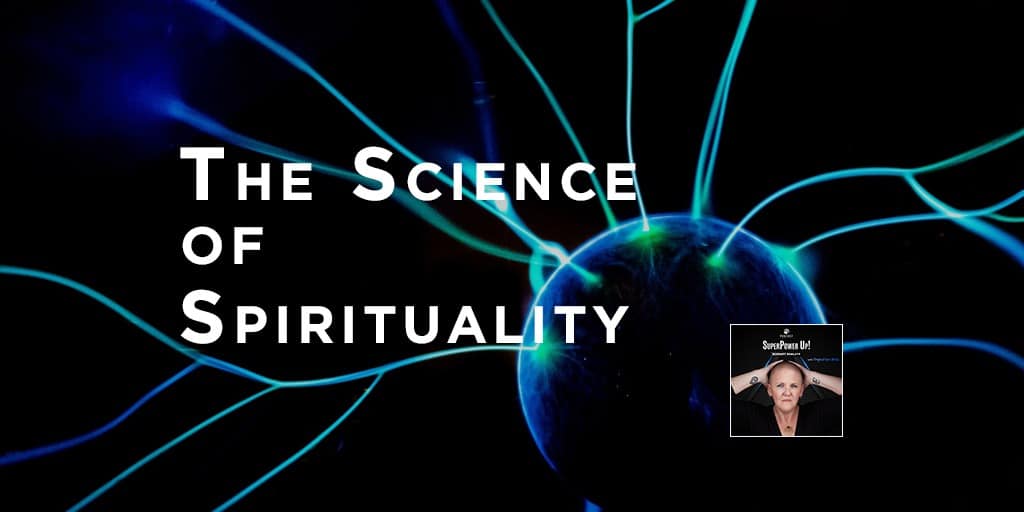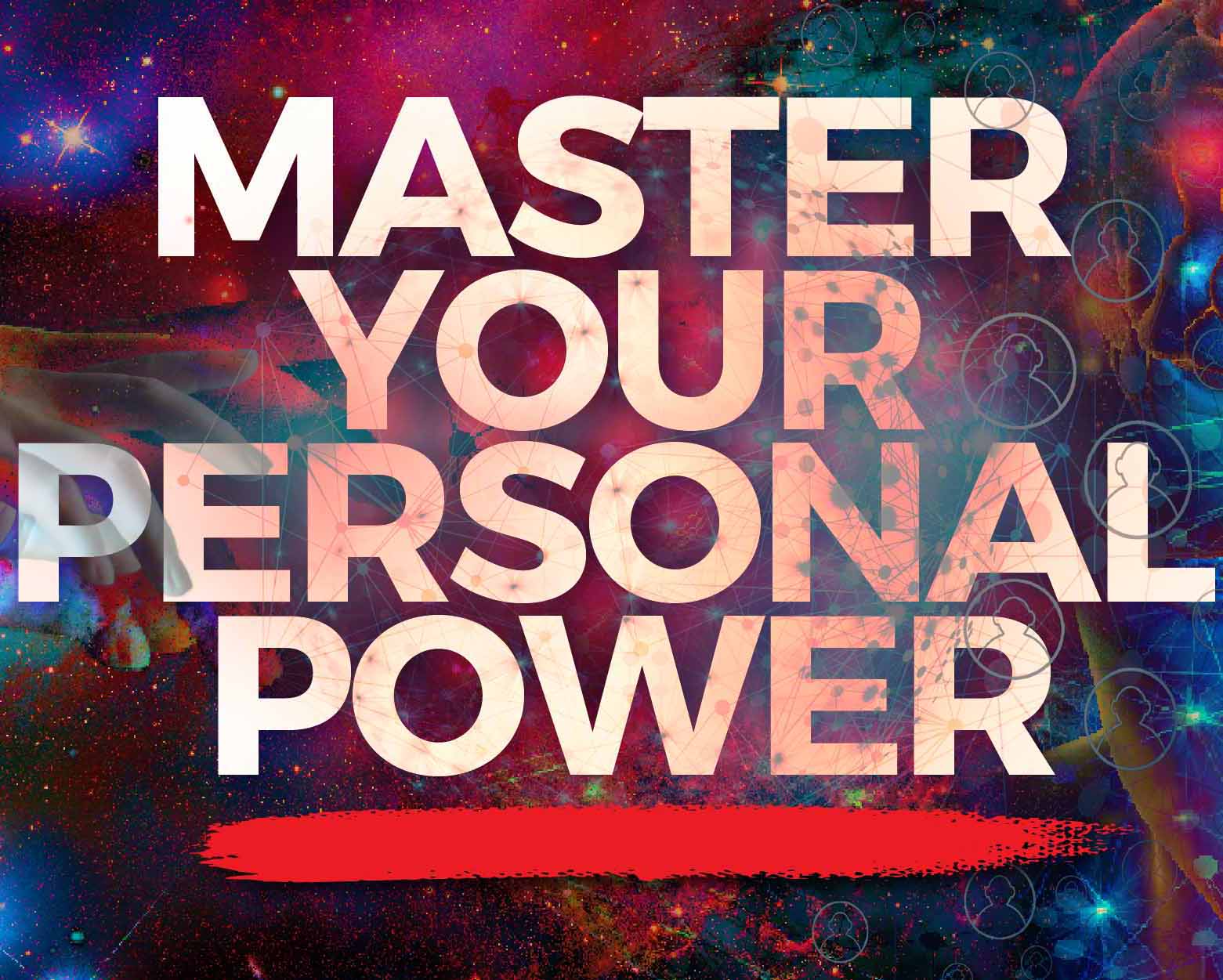What is the science of spirituality? In this episode of Disrupt Reality, host Tonya Dawn Recla shares her time once more with guest Amit Goswami to talk about the science of spirituality and the recent separation of both concepts. Amit shares his thoughts on science constantly being unaccepting of spirituality as it is deemed unnecessary for evolution to take place. Tonya and Amit also discuss standing in the middle and finding ourselves in a space with one foot in the needing to be logical, and the other with an undeniable feeling of home. Join Tonya and Amit in today’s episode to learn more about the science of spirituality.
Hello everyone. This is Tonya Dawn Recla, your Super Power Expert, and I am so excited to have you back on the show today Amit Goswami. Our last episode, make sure you go check it out if you didn’t get to hear it, Finding Everything in Nothing. We talked about his new book and we’re going to dive really deeply into that, but also this concept of this space that some of us are experiencing or have experienced, or are interested or curious about. It’s kind of hard to explain, it’s been called flow state, or walking in communion with the divine, or being one with God or however, people describe it. I think that’s this age-old quest for people to be able to articulate that, which is probably not able to be articulated.
And so that’s where the conversation lies between us today. We’re going to talk about the science of spirituality and it speaks to that sort of crossroads space where it’s like, conceptually, we can get all of this. We understand it. We were in it. And then we have this reality that we walk around in. And for a lot of folks, those worlds are merging and that can be kind of frightening. And so we’re going to talk some today about how you stand in that space in between there. And I can’t think of a better person to have that conversation with. So thank you, Amit, for coming back on the show, and please join me in welcoming him. Thank you.
I’m delighted to be here, thank you.
As always, we’re delighted to have you here. And so when I was reading your book, it was this idea of the science of spirituality that just kept popping out at me. So I was hoping maybe you could share with our audience a little bit about what that phrase means to you.
Well, recently we have separated science and spirituality. Now, science never really was accepting of spirituality, especially in the West, because modern science thought of starting dividing up ever since Darwin’s theory. Darwin sort of, not exactly, but sort of indicated that he doesn’t need the spiritual hypothesis in order to prove the evolution of life. He cheated a little. And that was, of course, not particularly acknowledged by materialists. And the materialist philosophers made it out into a very non-spiritual theory of the evolution of human beings from inanimate matter. These are based on big hypotheses, which Darwin never said, but that’s beside the point. So now we are stuck with the idea that if we can evolve from inert matter, monkeys, that are like machines, then we don’t even have consciousness, let alone spiritual consciousness.
Spirit is the idea that besides our ego we have connections to a oneness, a Being that we call Holy Spirit, or sometimes we call it God. There is some confusion around the overall concepts, but they are minor. The whole idea is that there is a bigger us, bigger self, a bigger Being. And then some religions posit that we are separated from it and that separation does not go away until we die. But other spiritual traditions and different spiritual traditions within Christianity, which are such a dualistic belief, Jesus says in the New Testament carefully, you will see, that he is not talking about dualism. He’s talking very much about one thing. “My Father and I are One,” in his famous line. This world is not different from that world.
It is different in a way, just unconsciously in us, but it is still us. In that way, spirituality really gives us a better description of ourselves. And this is very needed right now. Right now we live in a country where things are chaotic because we have completely lost this connection, this spiritual connection. And then we don’t know what went wrong with us. We made it into a religion versus atheism debate, or science versus religion. But we don’t really know.
We are religions following the dictum of this oneness before a search of ourselves. No, they’re equally cheating on it. And so is science declaring that there is nothing but matter. And when you get this horrible clash between two groups of people, neither of whom value the Spirit gives us values like love it, or be gentle, good to each other, go for wholeness, go for the archetypes of life-like beauty and love, especially, adhere to the truth. This is the fundamental lesson of spirituality: be truthful. The word is truth. That’s the fundamental law of the universe. And we violate it badly every day today. And this is chaotic, this is just only chaos.
You said something earlier about, and I think this is most people’s experience, how do you stand in the middle? Right? When this is a piece of it, this is a piece of it, this is a piece of it, but the examples of how do you live in it, right? They seem so out of reach for so many people. And once you’ve tasted that, once you’re in it, you can see it everywhere. But it’s one of those really peculiar things. That’s faith. Faith tells us that there are certain things that only get revealed once we believe. And most of us like to stand on the sideline and say, “Well, I’m happy to believe, but prove it to me first.” And the irony is that most of the proof that people want, or are seeking, really only occurs once you’ve already made the commitment to believe.
And so it’s this bizarre kind of space that people find themselves in, with one foot in the needing to be logical, rational, to have it all make sense, versus this really undeniable feeling of just, home. It calls to us. And it’s like that feels so incredibly real, but what our eyes, or our minds, or our perceptions tell us, show us something different. And I think that’s this space that so many people find themselves in, and they’re trying to reconcile it. That’s what I love about your work and so many others who are willing to put out there that this is something to be looked at because where else are people going to hear about it?
We have plenty to consume that tells us not to concern ourselves with anything bigger than what our eyes can perceive right now. So there’s a balancing that needs to occur, and I think it is occurring, of offsetting that perspective with saying, “Wait, look, there’s more. Look through those things, look beyond those things, look deeper into yourself, and see what you see. Don’t just stop at the surface.” But that’s a walk, right? That’s a walk. That’s a weird thing. People aren’t talking about this around their water coolers at work. So how do people get the courage to explore those spaces when they seem so foreign?
Yeah, well that is because we have accepted an image of ourselves that is being sold to us. The real problem today is elitism. The elites among humanity have found a way of really deceiving the lower rest of our people of security in the form of money, and income, and stuff. And of course, then the higher needs as well. Because if you are not secure, if you don’t have the lower needs, survival, satisfaction, then it is very difficult to pay attention to higher needs. So this made us think of our security all the time is the difficult part.
We were getting somewhere in America and Europe. Of course, Eastern countries like India are a little bit of an exception to that. They are not rich countries, but spirituality is very deep there. So, people who are in villages, not the city people so much, there is the poor rich difference, and again, the poor always striving for security and no time is left for anything else. But people don’t live that way in the villages. In villages, people know that living means more than just survival. So even the poorest of the poor know that picking up a baby and having fun with the baby is very important. And they get a lot out of it. So families are important. Values are important. They live those values. And you can still go to an Indian village and enjoy it. This is why many people actually come to India, to just get into that.
In the West, we are getting there. In the past century, in the 1970s stages, we were creating in America. They were probably too young, but I remember it very well. I came in the sixties and the revolution was just taking place. And there was a lot of swaying of this mindset which divides. A lot of movement towards unity, during those times.
The 70s, especially the 80s, started introducing us, and eventually, we got caught in the current era, where computer science, and cell phones, and laptops, and social media govern our life. And so what this has done is that this has completely established an authority in this country, which not only dominates our pocketbook, also dominates the way we think. And scientific materialism is the product of those capitalists’ big business and corporations that stay on one side, and the other side is the capitalists and ideas. They are big pundits. And Harvard, and Princeton, and all of these great universities, which are great ones, but no longer is great, because they are battling the same dark as the other side. The other side is dropping our money and this side is dropping our mental wealth, the spiritual wealth.
Let’s take a pause there because we need to go on a break. And there’s a couple of threads there that I think are really important to tug on a little bit, but I don’t want to get too deep into that conversation before the break. Quickly, let’s tell people your most recent book, Quantum Spirituality, is out. It’s great. We’ll have a link to that. And where else can people go to find out more about you?
Well, there are many books on creativity. I authored one myself, Quantum Creativity. That’s a great book because creativity is the way to really get into oneness very quickly. If you ask me, “What is our biggest entry at this point?” We are living in social challenges, a lot of crises. This is the best time to think that the crisis is also an opportunity to act creatively. And so the process of creativity is just so simple. You work a little, you relax a little. And that working and relaxing around a problem generate creative ideas. It’s a very quantum process. How we tap and support will take a little bit of time, but maybe we can do that after the break.
Perfect. We’ll do it then. So check out his books. You can go to amitgoswami.org and we will put a link to that. Folks stay with us; we’re talking today about the science of spirituality. You’re not going to want to miss this. We’ll be right back.
For the best listening experience, download the Superpower Network App
Podcast: Play in new window




